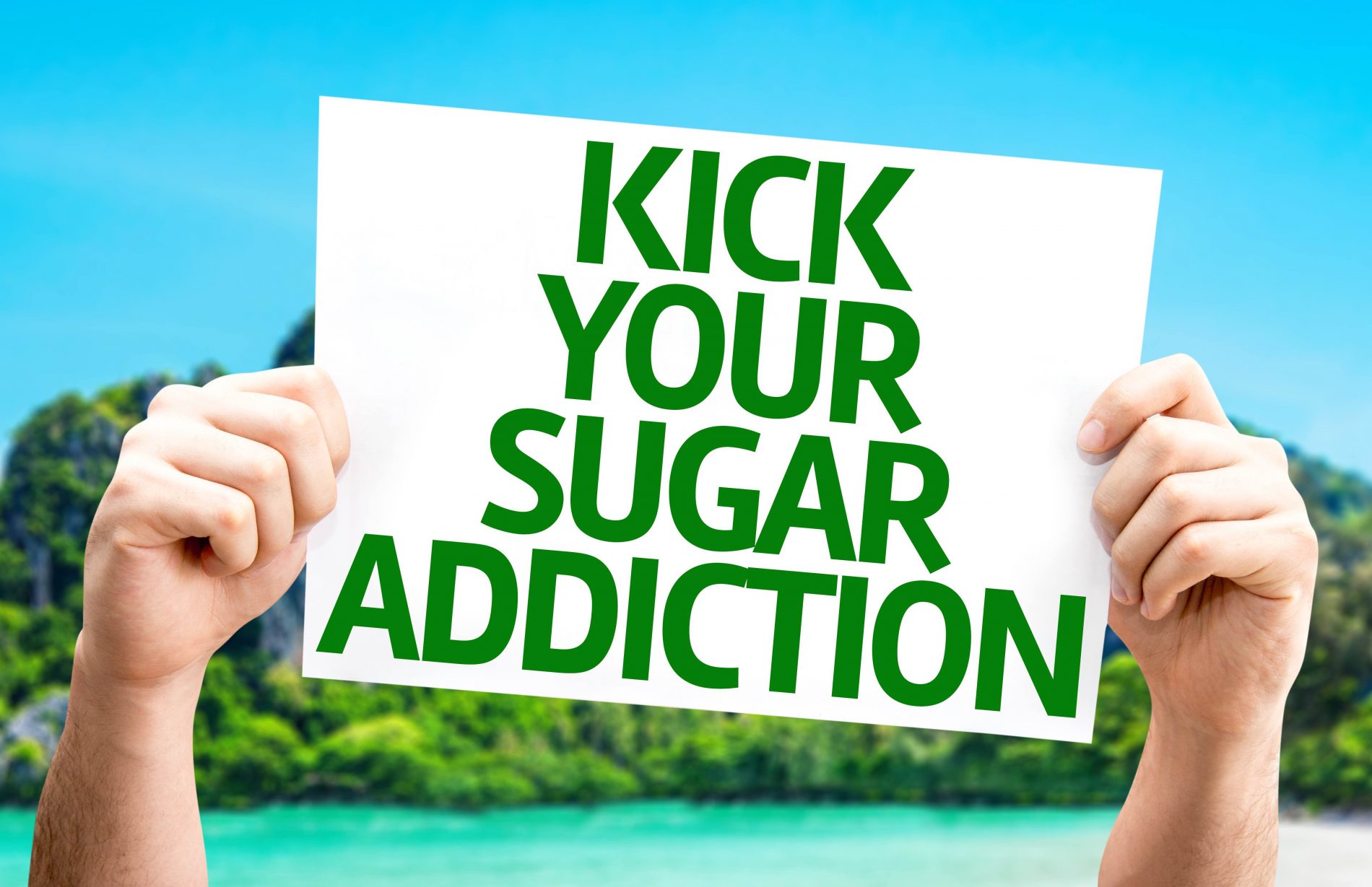Food cravings can occur for a variety of reasons including emotional ones. Perhaps you are dissatisfied with a relationship, stressed, bored, or lonely? Maybe your unhappy with your job and you have uncomfortable emotions/situations? Regardless of what your emotional trigger is, you find yourself looking for solution. Instant gratification, and for many, they seek balance through food.
It can provide you with a temporary form of relief. A kind of escape when you are under pressure. However, many of us feel even worse and guilty after eating. This is why using food as a way to fulfill areas of our lives that are unsatisfied is not a solution. The result is often the same and the effect temporary. The emotions return and it leads to an unhealthy cycle.
Food Cravings & Triggers
It is important to identify your emotional eating triggers. What situations, places or feelings make you reach for the comfort of food? Is it Emotions (Anger, fear, sadness, anxiety, loneliness, shame…)? Boredom or feelings of emptiness? Perhaps social influences, stress or fatigue? Really take the time to understand what may be triggering your cravings. For further information, click here to discover Top Tips To Manage Your Emotions.
Healthy Plates
Well-balanced meals with fiber, protein and healthy fats are more likely to keep you satisfied. Protein requires more work for the body to digest and fibers keep your blood sugar levels in check. Hence why those macronutrients will make you feel full longer. Click here to read everything you need to know about macronutrients.
Diets
If you are eating less than usual or if you are on a diet and cutting out on an entire food group, you may have more frequent feelings of hunger. According to research from the University of Toronto, restrained eaters are more likely to experience cravings and to overeat the “forbidden” food when given the chance. Due to this reason, it is important to not deprive yourself and enjoy your favorite foods in controlled portions. Click here to learn How To Find The Best Diet For You.
Stay Hydrated
Mild dehydration can affect your metabolism, the rate at which you burn calories and compromise your health. Drinking water increase the body’s ability to digest food and convert it into energy. Furthermore, staying hydrated helps to reduce cravings and may help regulate the amount eaten.
Mindfulness
Eating while you are also doing other things (watching TV, playing with your phone etc.) does not allow you to enjoy your food. Your mind is not focus on what you are doing/eating. Therefore you will not feel satisfied and will continue eating even when you are no longer hungry.
Eating more mindfully can help you to focus on your food and the pleasure of the meal. Try these simple strategies;
- Take time to sit down at the table
- Eat your meals with no distractions
- Allow yourself at least 20 minutes per meal
- Take small bites and chew them well
- Put your utensils down between bites
Stress
Stress can play a large role in hunger cravings and it can cause some people to crave foods that are sugary or more calorie-dense. Breathing exercises, walking, meditation and yoga can help the body to refocus and calm the mind. Click here for 5 Natural Solutions For Coping With Stress!
Hormones
Menstruation, pregnancy or menopause makes testosterone and estrogen levels fluctuate. Therefore it may cause unique cravings. Allow yourself to feel uncomfortable emotions. Allow yourself to have all kinds of feelings. Cravings are not the core problem.
If you have negative emotions you can take steps to control cravings such as keeping a food diary. Also, try to distract yourself, take a walk, snack healthy, DO NOT DEPRIVE YOURSELF and most important of all; Get support.
If self-help does not help you to control emotional eating or your cravings, consider talking with a health professional. Click here for information on Unraveling Emotional Cravings.
Claudia Candeias is a certified Holistic Health Coach working with individuals online and in person as well. She practices a holistic approach to health and wellness, which means that she looks at how all areas of your life are connected; from nutrition to physical activity, sleep, stress, and more. She supports and helps people reaching their goals to find Health, Happiness and Harmony in their life.


